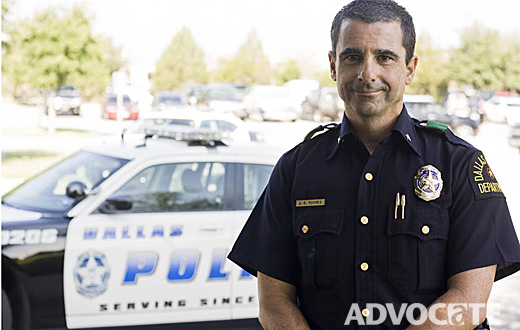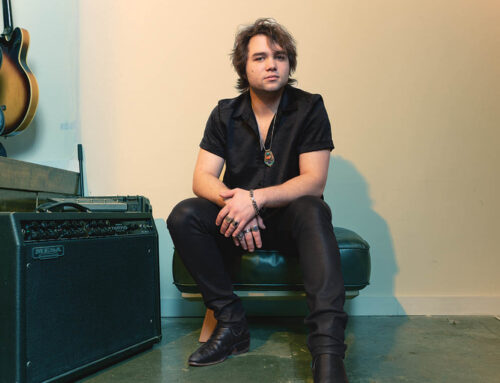In May, the Northwest Patrol Division welcomed a new deputy chief, David Pughes. The 22-year Dallas Police Department veteran talks about his plan for reducing crime in our area and tells about his diverse experiences in the DPD.
How did you become the new chief?
I was a lieutenant in the Homicide Unit. When Chief Aziz went to SWAT, I got promoted and assumed this position. I think I have an advantage because I worked here before. I was the administrative lieutenant in 2006.
What are your goals for the Northwest Division?
[In the Northwest Division] we have 50 square miles, and a population of about 134,000. That’s a lot of things happening. Across the country, there’s been a reduction in crime over the last 20 years. In Dallas, we’ve also experienced that. In many ways, we’re ahead of the curve. Our philosophy going forward is to move to a preventive model. We were a reactionary police force before. Now, we are more involved in the community, with economic development and with youth programs. We’re growing the crime watch groups. There’s the 10/70/20 formula. Usually, a neighborhood has about 10 percent participation in crime watch and 70 percent of residents who are not engaged. The 20 percent is the people committing the crimes. The goal is to pull more people into your 10 percent to push against the 20 percent.What types of crimes are you seeing in the Preston Hollow area?
The biggest issue is the burglary of motor vehicles and residential burglary — open garage doors. [Criminals] drive around in affluent areas looking for that. They jump out, run in, and grab a weed eater or lawn mower in about 12 seconds. Overall crime [in the Northwest Division] has reduced by 18 percent from last year. Comparatively speaking, we’re doing well. We’re trying to build more business crime watches.
How is the Northwest Division different from the rest of the city?
[In addition to Preston Hollow neighborhoods] we have the hospital district, we have Market Hall, the Stemmons Corridor, the FBI headquarters, all the jails … I wonder how many places in the country you’d find that combination in an urban environment.Why did you decide to become a police officer?
In November, I will have been with the Dallas Police Department for 22 years. I knew in high school that I would enter a career in law enforcement. Previously, I was working for the sheriff’s department in Golden, Colo. I wanted to work in Dallas, Las Vegas or Los Angeles. My friend had a single-engine airplane, so when we got off work one night around 11, we decided to fly to each city and apply for the academies. We landed in Dallas at 7 a.m. that morning. I went through four days of testing and passed. Only 9 percent of applicants make it into the Dallas Police Academy. I was offered a job, and I took it. What’s kept me here is that you have opportunities to work in different areas. I’ve worked in patrol, administrative positions, Crimes Against Persons and the Public Integrity Unit, which investigates police corruption. Prior to coming here, I was in Homicide. I didn’t realize the amount of death that happens in this city every day. It’s not just murders, but suicides, accidental death, workplace death. You see how distraught the family is. When you have to sit through the autopsy of a child … it surprised me how quickly I was able to build a professional demeanor, and how you can separate your feelings from the job at hand. I could only stay two years. When I got promoted, I could have gone to a few different places. I’d glad I ended up here. If I had to pick, it’d be here. They didn’t ask. I’m lucky.







